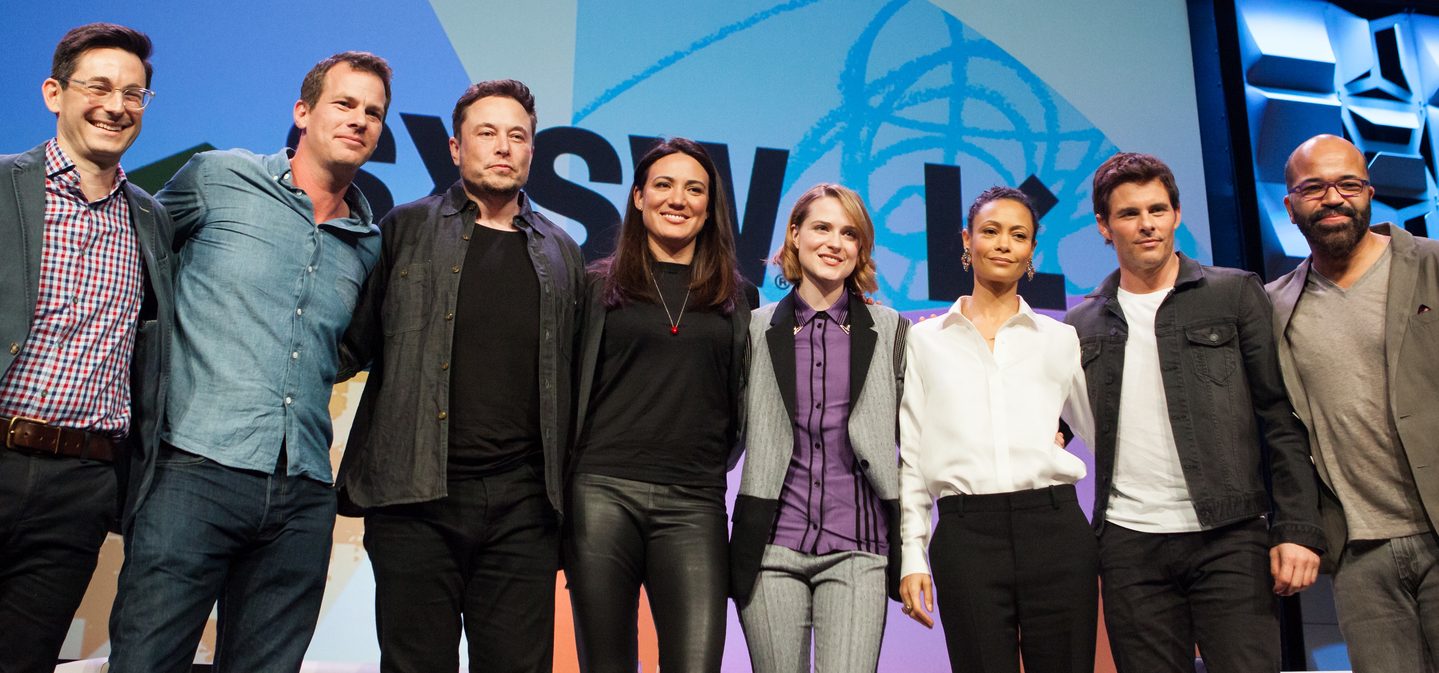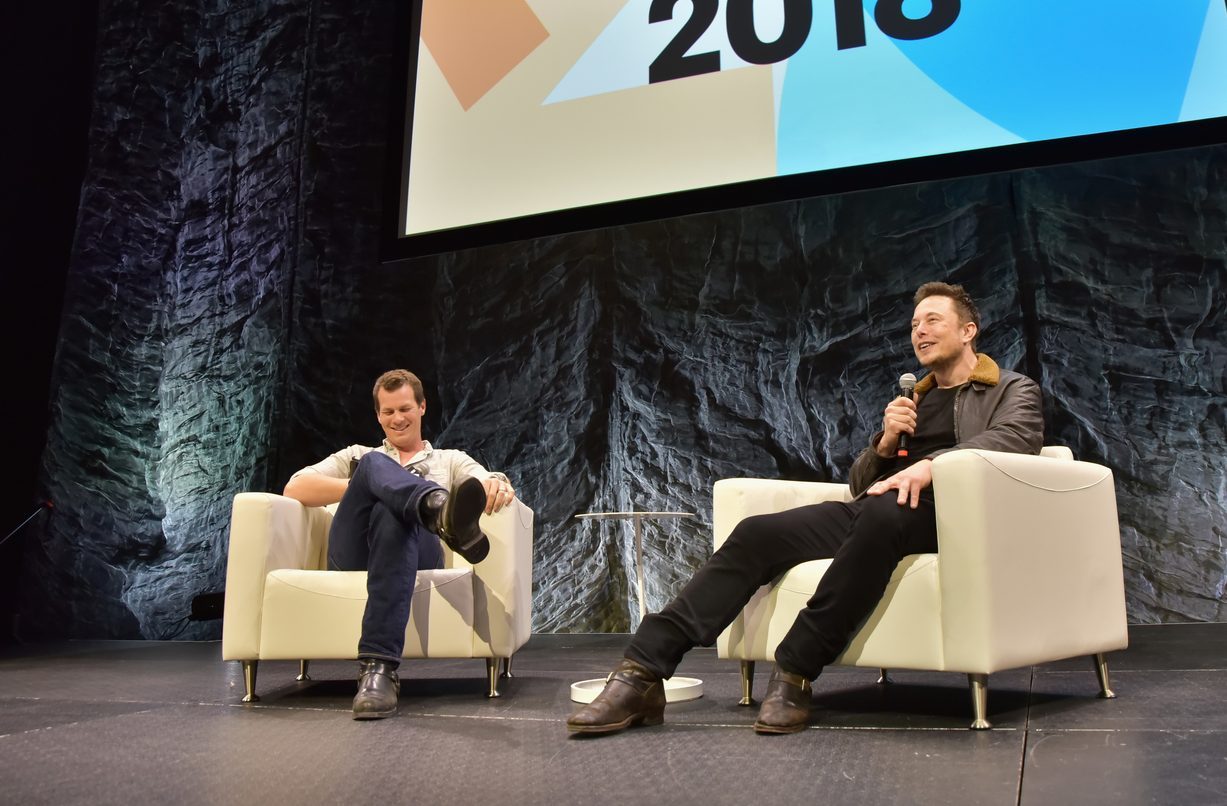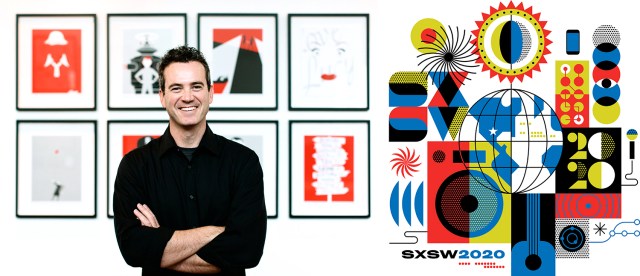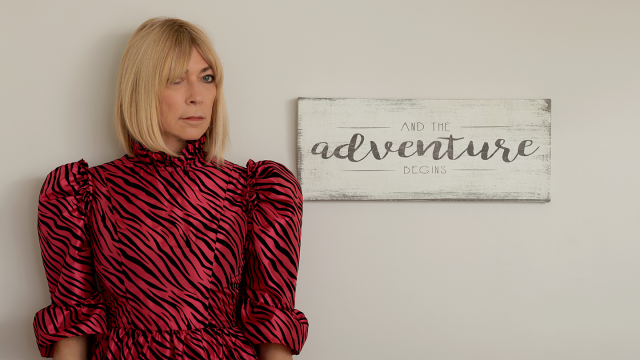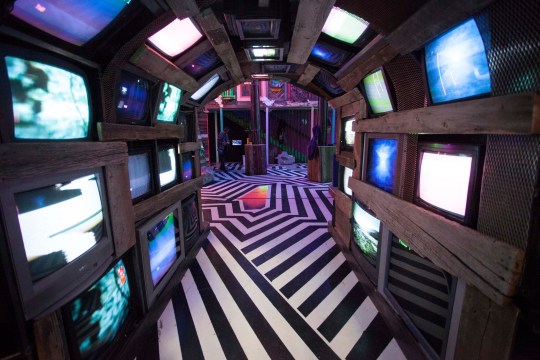More than climate change, warfare or extremist ideology, Elon Musk is afraid of artificial intelligence. Many AI experts believe that children born today will be alive to see the creation of digital superintelligence, an AI that thoroughly outperforms humans in all areas of problem solving. When that happens, it could advance our science and our quality of life in unimaginable ways — or it could be the last thing we ever invent.
“I’m really quite close to… the cutting edge in AI, and it scares the hell out of me,” Musk said at this year’s SXSW. “It’s capable of vastly more than almost anyone knows and the rate of improvement is exponential.”
Musk’s first SXSW 2018 appearance was at a Featured Session for HBO’s Westworld, where he unveiled a video by the show’s co-creators, Jonathan Nolan and Lisa Joy, commemorating the SpaceX Falcon Heavy rocket. The next day, Musk was interviewed by Nolan in a surprise one-man panel called “Elon Musk Answers Your Questions!”
Westworld is about sentient AIs that are abused by humans with calamitous results, so Nolan was a fitting interlocutor as Musk discussed the real-world risks posed by AI. Machine learning is making tremendous advances, he said, citing Google’s AlphaGo. This AI learned to play the ancient Chinese game of Go, which demands such abstract thinking and complex strategy that proficiency has long eluded AI programs. AlphaGo improved through hundreds of matches and eventually defeated all living human world champions using unprecedented moves and strategies. The next generation of the AI, AlphaGo Zero, learned the game simply by playing against itself and attained a superhuman level after a mere 70 hours. It trounced AlphaGo and has the capacity to teach itself other games in the same way.
